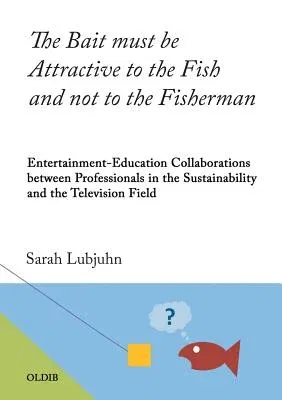Sarah Lubjuhn
(Author)The Bait must be Attractive to the Fish and not to the FishermanPaperback, 26 July 2013

Qty
1
Turbo
Ships in 2 - 3 days
In Stock
Free Delivery
Cash on Delivery
15 Days
Free Returns
Secure Checkout
Print Length
376 pages
Language
English
Publisher
Oldib Verlag
Date Published
26 Jul 2013
ISBN-10
3939556351
ISBN-13
9783939556350
Description
Product Details
Author:
Book Format:
Paperback
Country of Origin:
US
Date Published:
26 July 2013
Dimensions:
21.01 x
14.81 x
1.98 cm
ISBN-10:
3939556351
ISBN-13:
9783939556350
Language:
English
Pages:
376
Publisher:
Weight:
449.06 gm

